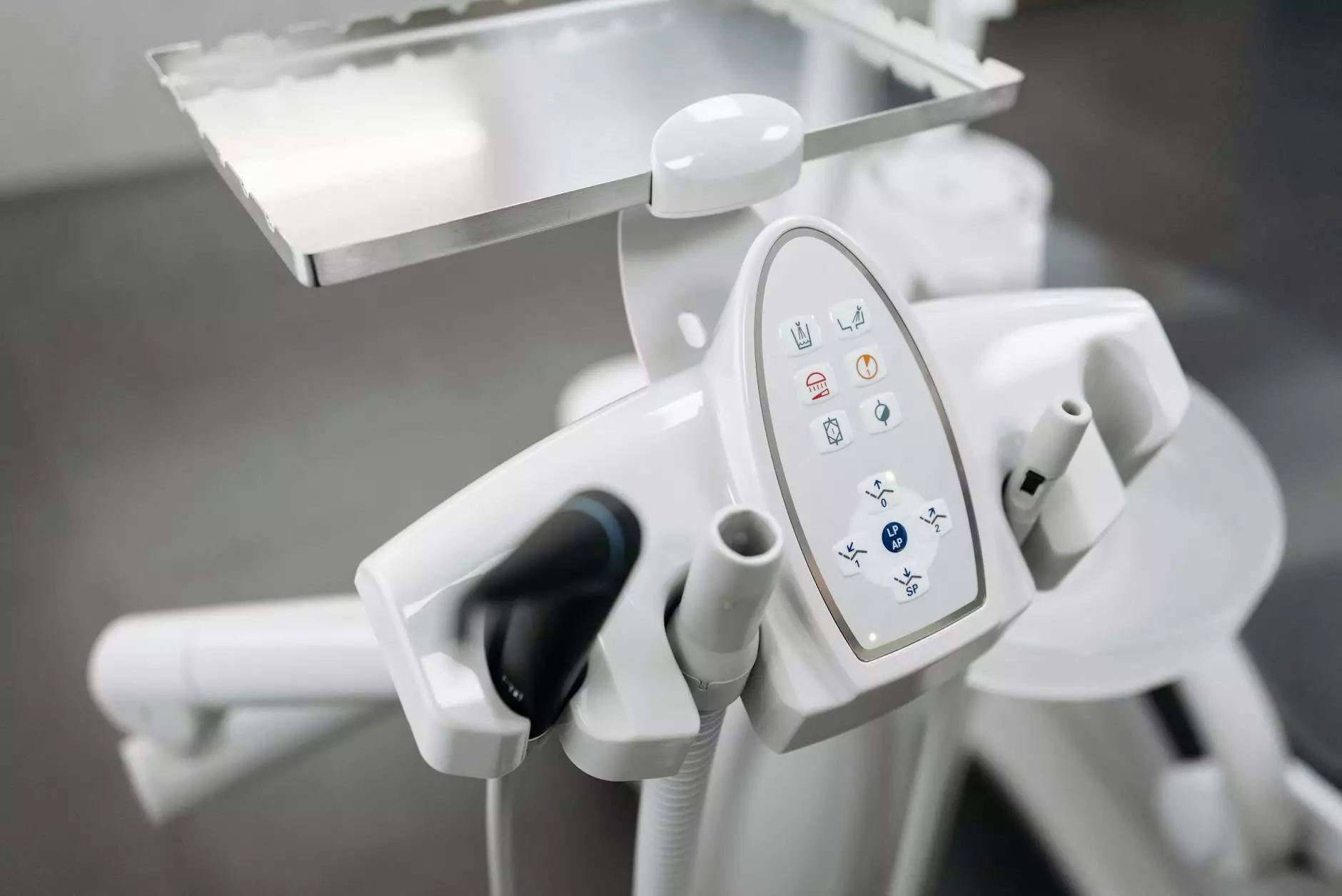Transforming Innovation: The Role of Pharma Incubators in Modern Healthcare

In today’s fast-paced world, the healthcare industry is constantly evolving, driven by technological advancements and the urgent need for innovative solutions to combat health challenges. Within this dynamic landscape, pharma incubators have emerged as powerful catalysts for innovation, providing vital support to startups and fostering a culture of collaboration that benefits patients and professionals alike. This article will delve into the intricacies of pharma incubators, examining their impact on the health and medical sector, alternative medicine, and laboratory testing.
What is a Pharma Incubator?
A pharma incubator is a specialized program designed to support early-stage pharmaceutical and biotech startups, helping them navigate the complexities of bringing new drugs and therapies to market. By providing access to critical resources such as funding, mentorship, technology, and regulatory guidance, these incubators play a significant role in transforming innovative ideas into viable healthcare solutions.
Key Features of Pharma Incubators
- Funding Opportunities: Many incubators offer financial support either through grants, investments, or connections to venture capitalists.
- Mentorship and Expertise: Startups benefit from the experience and guidance of seasoned professionals in the pharmaceutical industry.
- Networking: Being part of an incubator allows startups to connect with other entrepreneurs, researchers, and potential partners.
- Access to Facilities: Many incubators provide access to laboratories and equipment, reducing overhead costs for startups.
- Regulatory Guidance: Navigating the FDA approval process can be daunting; incubators often offer expertise in regulatory affairs.
The Importance of Pharma Incubators in Healthcare Innovation
As the healthcare landscape continues to evolve, the importance of pharma incubators cannot be overstated. They serve as breeding grounds for innovation, enabling startups to develop pioneering therapies that can significantly improve patient outcomes. Here are several ways in which pharma incubators contribute to healthcare innovation:
1. Accelerating Drug Development
Pharma incubators expedite the drug development process by providing startups with the resources needed to move rapidly from concept to clinical trials. This is crucial in a world where timely therapeutic interventions can mean the difference between life and death. With the support of incubators, startups can:
- Streamline their research and development processes.
- Reduce time to market through better planning and resource allocation.
2. Fostering Collaboration
Collaboration is key to driving innovation in healthcare. Pharma incubators foster an environment of collaboration among startups, academic institutions, and established pharmaceutical companies. This collaboration results in:
- Shared knowledge and expertise.
- Cross-industry partnerships that lead to groundbreaking solutions.
3. Focusing on Patient-Centric Solutions
At the heart of every successful healthcare innovation is a focus on the patient. Pharma incubators encourage startups to adopt a patient-centric approach by:
- Engaging with patients and healthcare providers during the development process.
- Conducting thorough research to understand patient needs and preferences.
4. Supporting Regulatory Navigation
Bringing a new drug to market is fraught with regulatory challenges. Pharma incubators provide essential support in navigating these complexities by:
- Offering guidance on preclinical and clinical trial designs.
- Assisting with documentation required for FDA submissions.
Case Studies: Success Stories from Pharma Incubators
Let’s explore some remarkable success stories of startups that have thrived within the nurturing environment of pharma incubators.
Case Study 1: Biotech Breakthroughs
One notable success story is that of a biotech startup that developed a revolutionary treatment for a rare genetic disorder. With the support of a renowned pharma incubator, the company secured funding, engaged in critical clinical trials, and eventually brought their therapy to market, providing hope to countless families affected by the disorder.
Case Study 2: Advancements in Alternative Medicine
Another impactful example is a startup focused on herbal remedies that was able to scale its operations through an incubator program. The incubator not only provided financial assistance but also facilitated collaborations with researchers studying the efficacy of alternative treatments. As a result, the startup was able to validate its products and gain a significant market share in the alternative medicine sector.
Challenges Faced by Pharma Incubators
Despite their many benefits, pharma incubators also face challenges that can hinder their effectiveness. Some of these challenges include:
- Limited Funding: Many incubators operate on tight budgets, which can restrict the amount of support they can provide to startups.
- Market Saturation: As more incubators enter the landscape, competition for funding and resources increases.
- Regulatory Hurdles: Startups often face significant regulatory challenges, which can deter investment and slow down progress.
The Future of Pharma Incubators
The future of pharma incubators is bright, with new trends emerging that promise to enhance their role in the healthcare ecosystem. Key trends include:
1. Increased Focus on Digital Health
With the rise of telemedicine and digital therapies, many incubators are pivoting to support startups that leverage technology to improve health outcomes. This shift is expected to accelerate the development of innovative digital health solutions.
2. Global Collaboration
In an increasingly globalized world, expect to see more international partnerships among pharma incubators, allowing for shared resources, diversification of ideas, and broader access to markets.
3. Emphasis on Sustainability
As the healthcare industry becomes more aware of its environmental impact, pharma incubators are starting to focus on sustainability. This involves supporting eco-friendly practices in drug development and manufacturing.
Conclusion: The Transformative Role of Pharma Incubators
Pharma incubators are essential not only for startups in the pharmaceutical and biotech sectors but also for the broader healthcare community. By providing the necessary resources, mentorship, and collaborative networks, they are helping to shape the future of healthcare. As we move forward, their role will become increasingly vital in driving innovation and improving patient outcomes, ultimately transforming the landscape of health and medicine for the better.
For more information on how to engage with pharma incubators or to explore opportunities within this space, visit bioinc.org.









